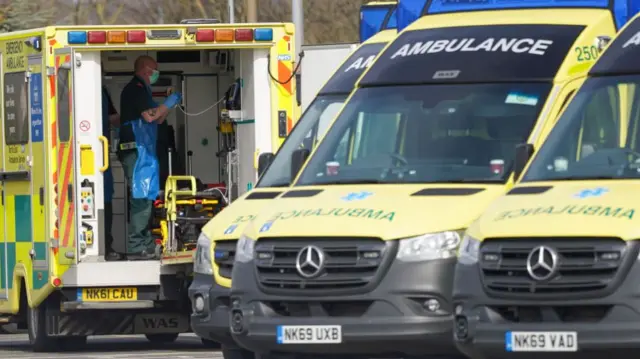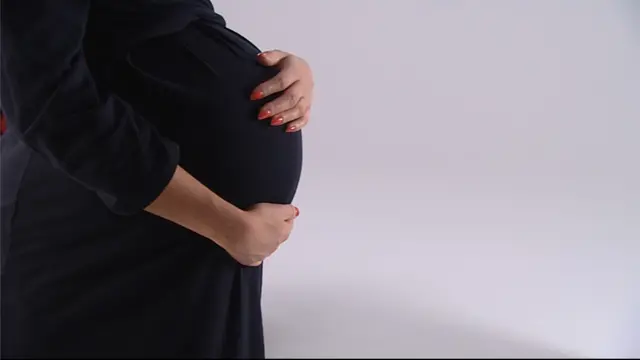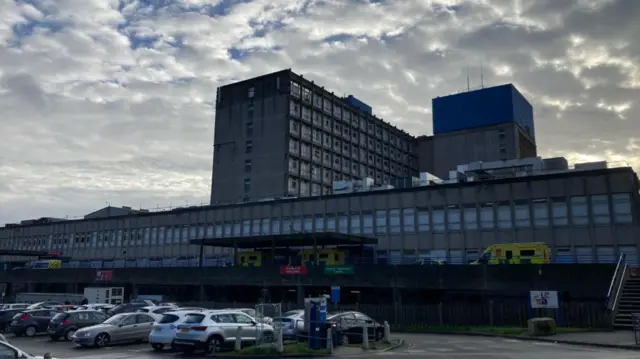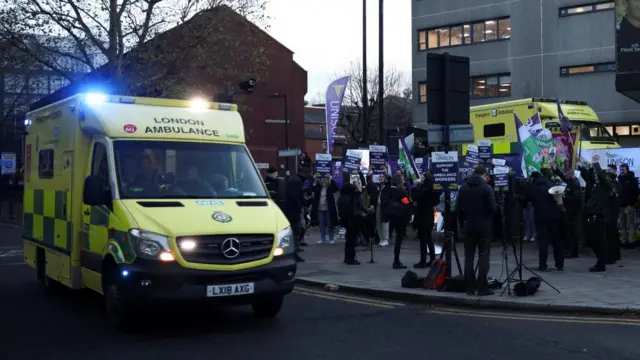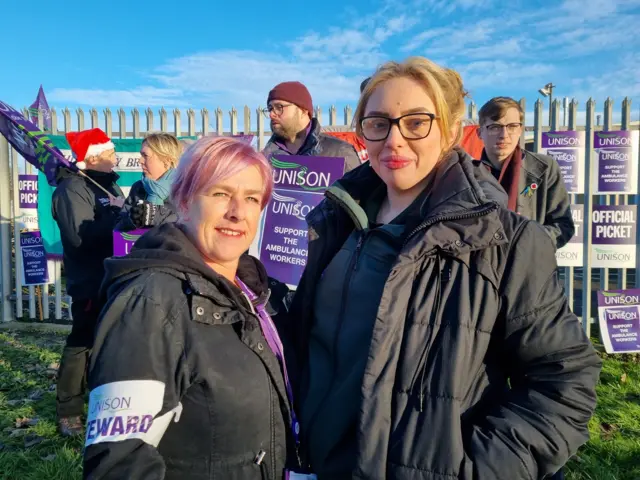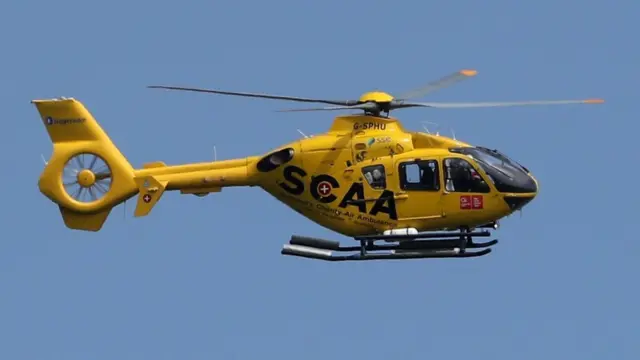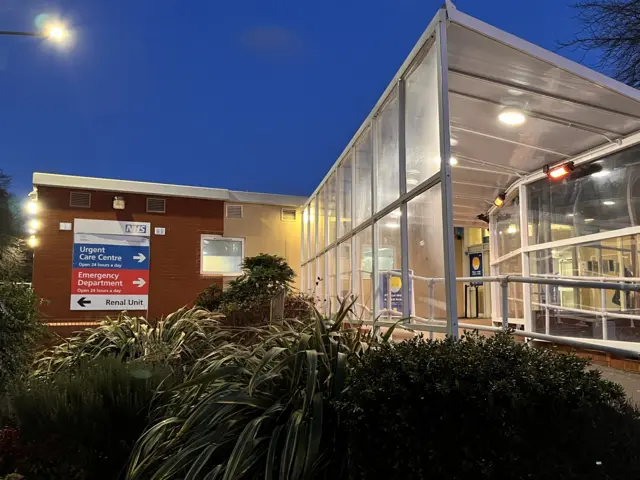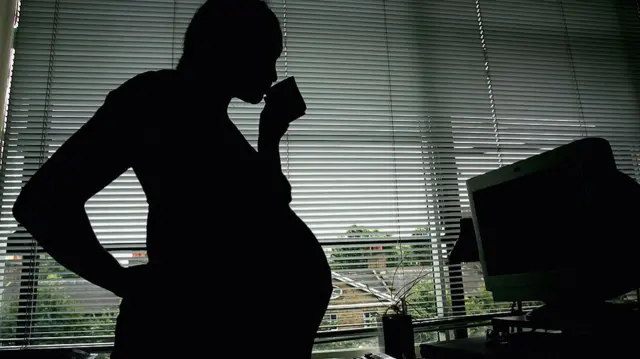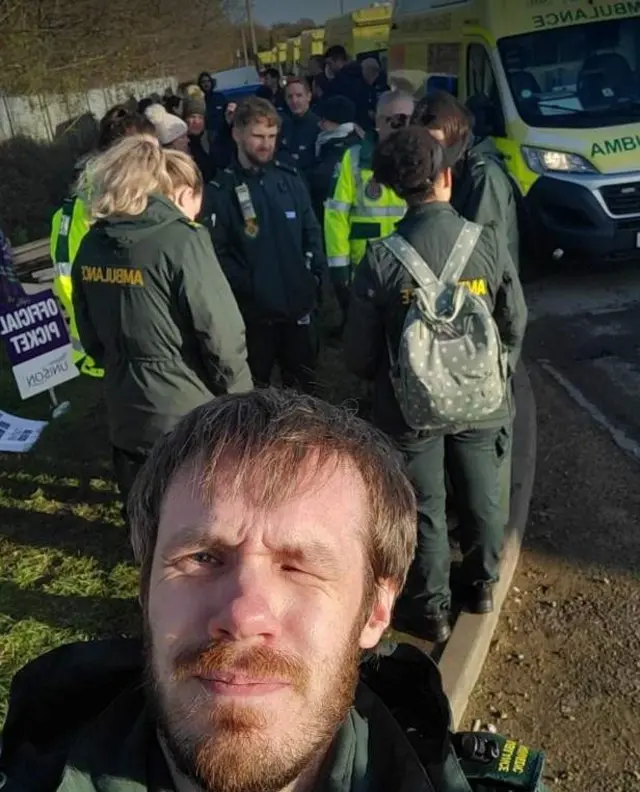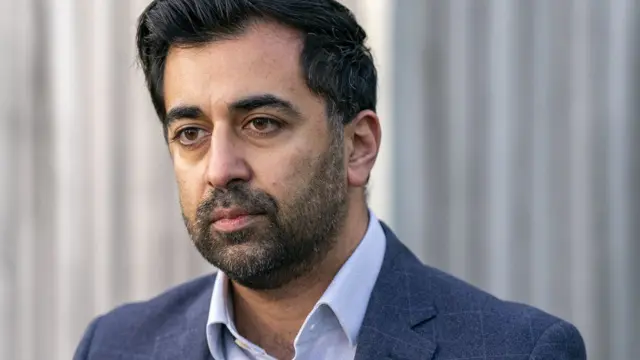Thanks for joining uspublished at 19:03 GMT 21 December 2022
We're going to end our live coverage of the strikes here for today.
You can read our main story of the day here and check how tomorrow's strikes might affect you here.
Remember, patients who are seriously ill or injured, or whose lives are in danger, are still being advised by the NHS to call 999.
For all other healthcare needs, the NHS is advising people to contact NHS 111 online or via the NHS 111 helpline, external, or to contact their local GP or pharmacy.
Today's live page was brought to you by Kris Bramwell, Heather Sharp, James FitzGerald, Sam Hancock, Malu Cursino, Ruchira Sharma, Alys Davies, Samuel Horti, James Burgess, James Harness, and Dulcie Lee.
